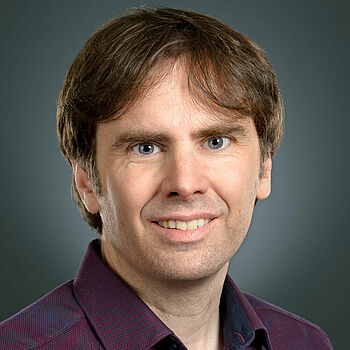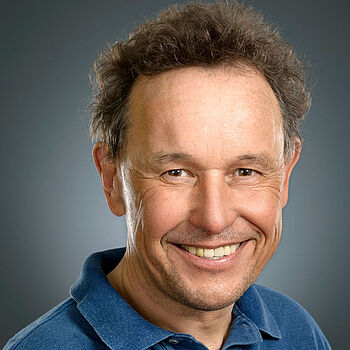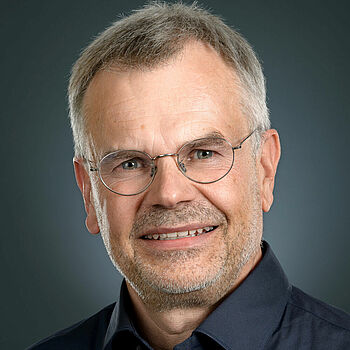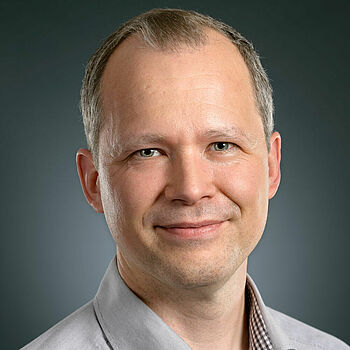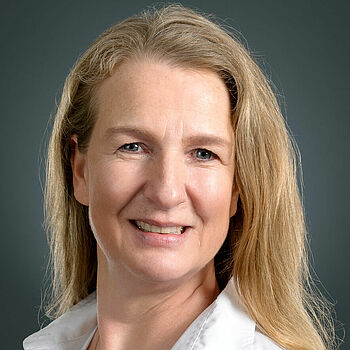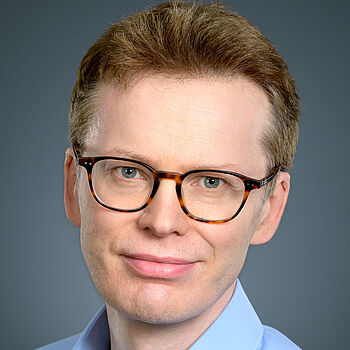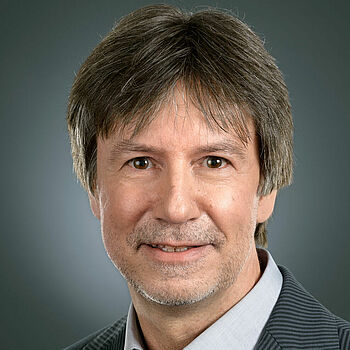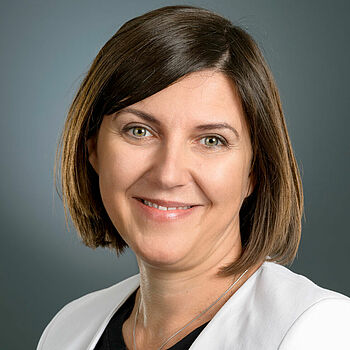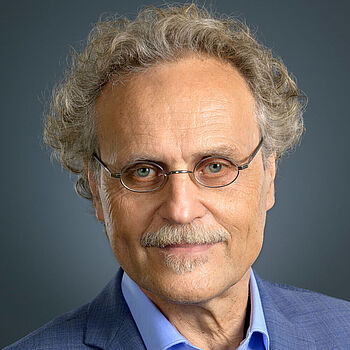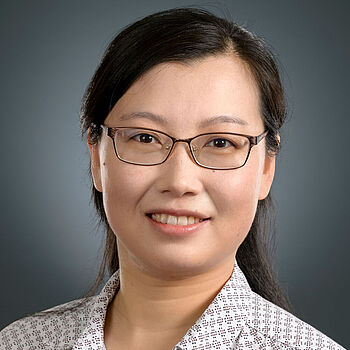DZNE Munich
Brain diseases such as Alzheimer’s, Parkinson’s, and frontotemporal dementia have one thing in common despite different symptoms: The nerve cells atrophy and die. With this in mind, the DZNE site in Munich is researching the mechanisms of nerve-damaging processes in order to pave the way for new approaches in prevention, diagnosis, and treatment. To this end, the scientists are investigating a variety of phenomena such as inflammatory processes in the brain, circulatory disorders, and disease processes that are fatally triggered by the body’s own proteins.
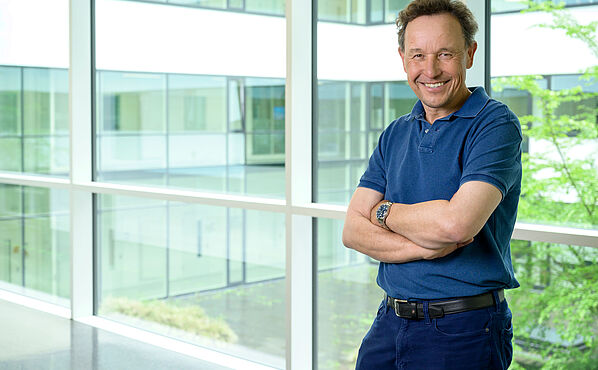
We aim to decipher the mechanisms of dementia and other brain diseases and thus pave the way for better therapies.
The Munich experts are also researching - in clinical studies on humans - into better early detection of dementia and movement disorders as well as new therapeutic measures. This includes the search for “biomarkers”, i.e. biological parameters (such as special measured values in the blood or cerebrospinal fluid) that help to detect a disease and assess its future course. In Munich, clinical research also has a special focus: the rare, hereditary form of Alzheimer's disease.
Your commitment can make a big difference!
By participating in scientific studies, donating brain tissue or providing financial support, you can make a significant contribution to medical progress and a healthy future.
Clinical Trials Unit (CTU)
Further information and contact to our study team can be found here.
Clinical studies
Here you will find a current overview of our clinical studies.
Site coordination
Dr. Carolin Bimüller
Office
Anke Jürgensonn
+49 89 4400-46426
Address
Feodor-Lynen-Strasse 17
81377 München
Printable directions


